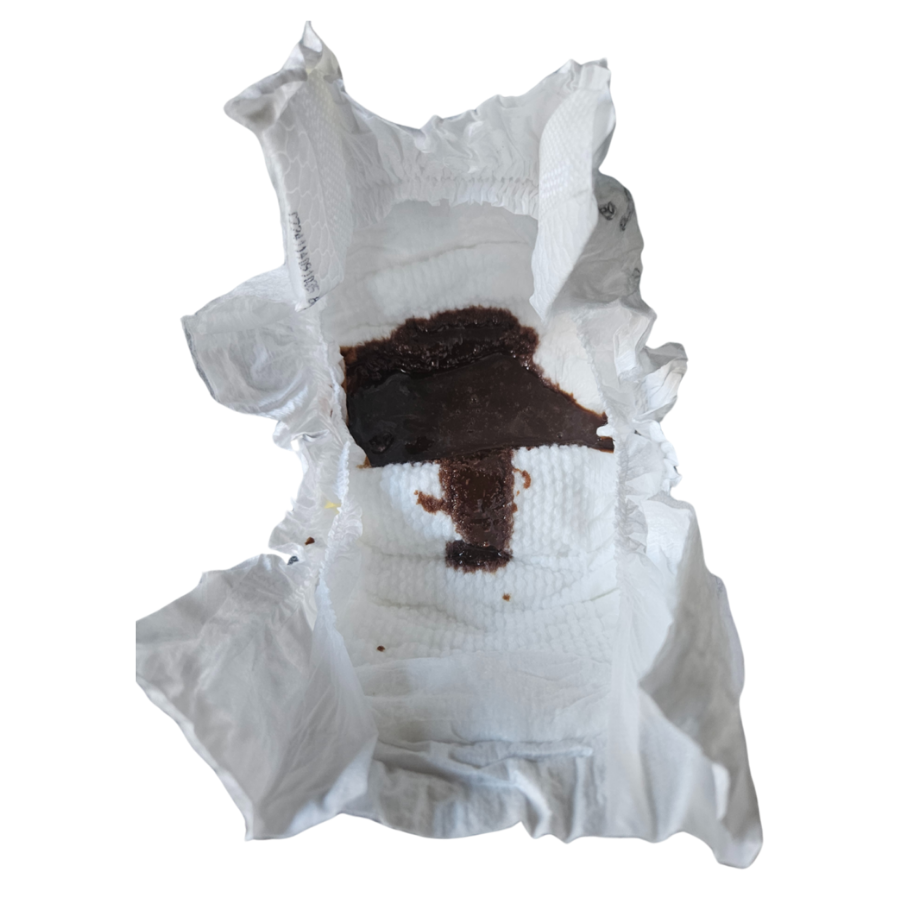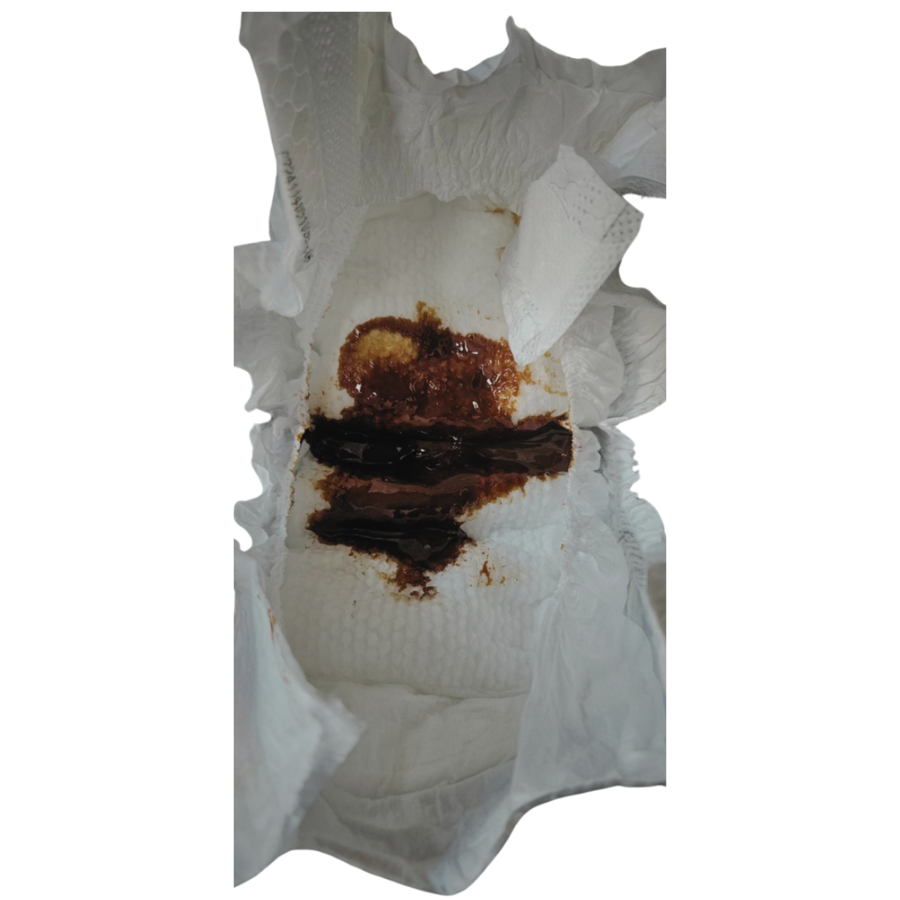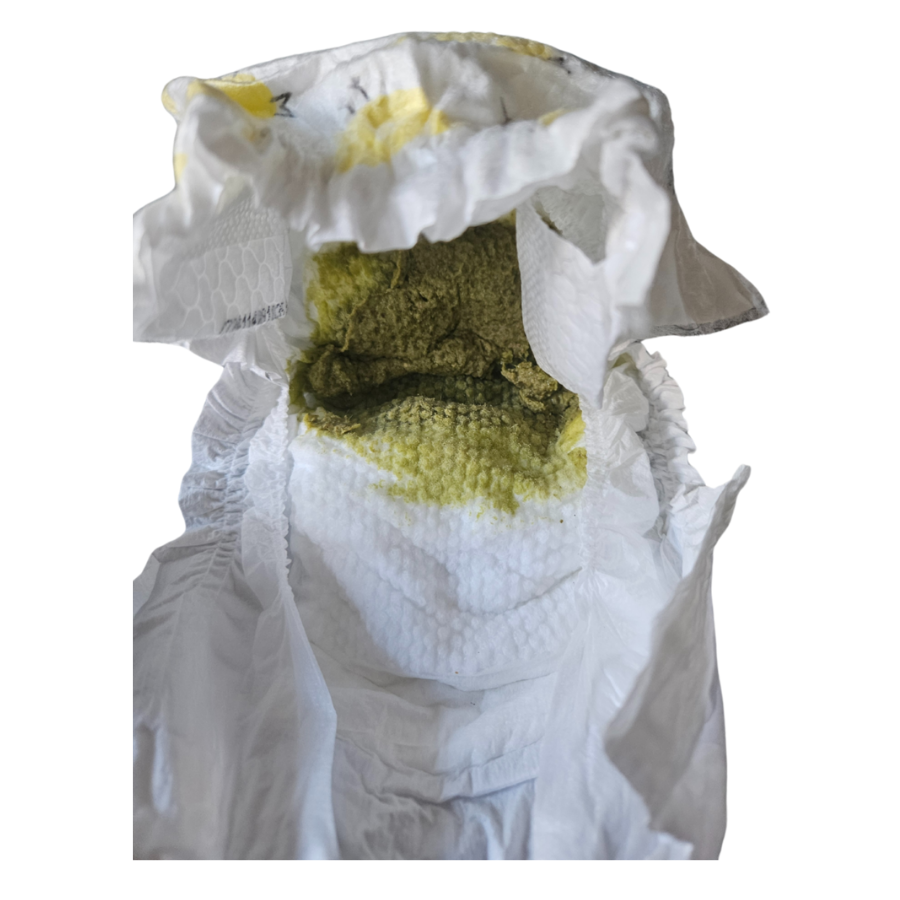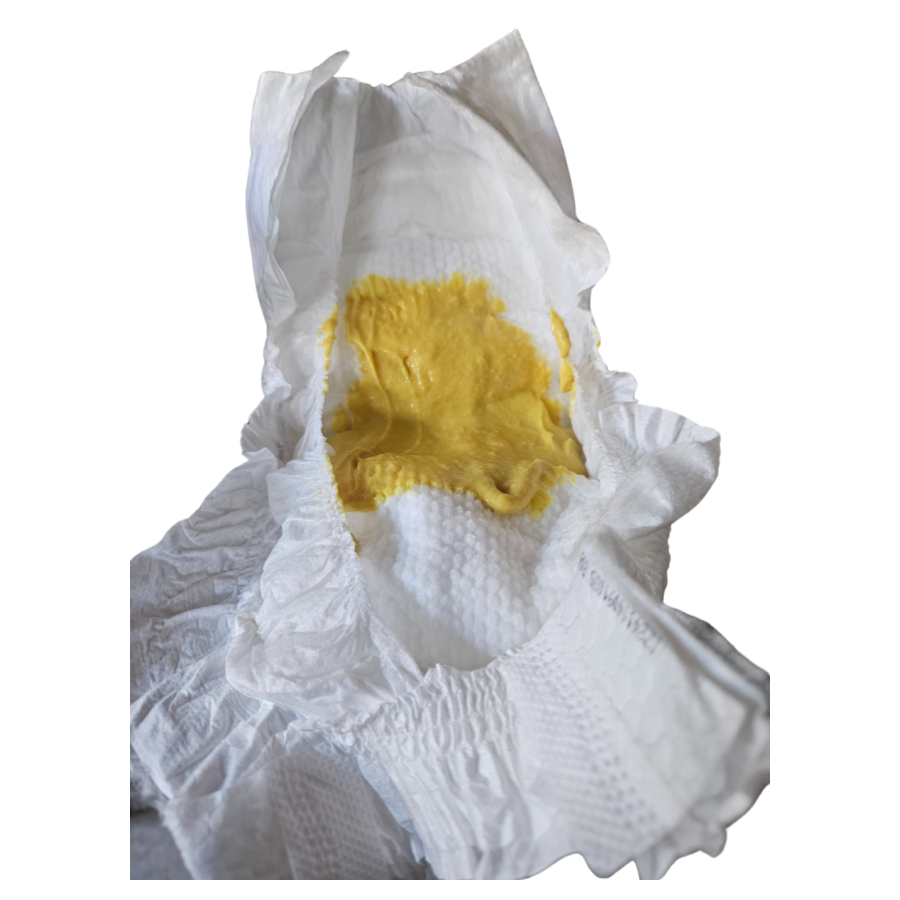Antenatal contact
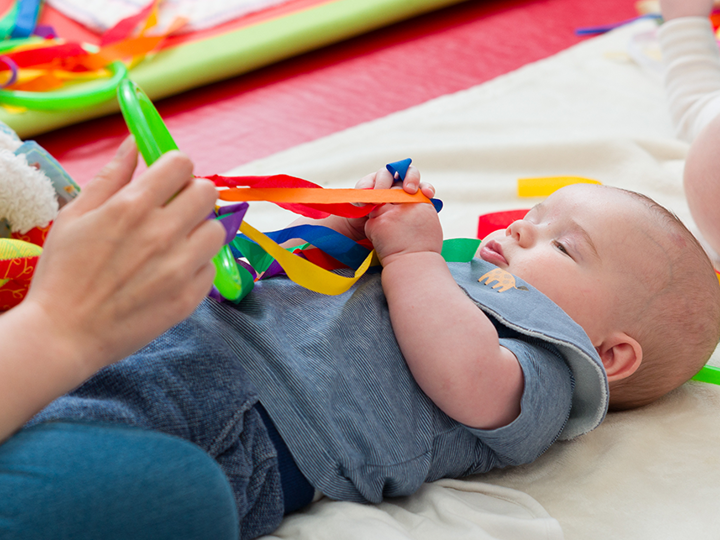
Getting ready for a new baby and becoming a parent can be a wonderful life-changing event. It can also be a confusing time. It is easy to feel overwhelmed by all the new information being shared with you as you prepare for your baby’s arrival.
Getting to know your baby
Pathway to Parenting introduction
Infant brain development
Watch the video below where Molly Wright talks about how every child can thrive by 5.
This YouTube video is not owned by Cambridgeshire Community Services NHS Trust, and as such we accept no responsibility or liability for its content.
After watching the videos about your baby's brain development, think about your hopes for your baby and the future.
Think about these questions below in relation to your baby.
- When your baby is born, what do you wish for them?
- When your baby is older what are your hopes?
- What can make this difficult to achieve?
- What support do you think you will need?
- Who can help you?
Getting everything ready for your baby
When you are preparing for your baby’s arrival it can be confusing to know what to buy. There are so many things to choose from, it can be hard to know what you really need or where to start.
Watch the video below to see our evidence based advice about baby products. This will help you decide which things are essential and which are just nice to have.
Essential or nice to have?
Useful links
Infant feeding and your baby's poo
In the first few days after birth, your baby’s poo will change a lot. Within the first 24 to 48 hours your baby should do a poo which is sticky and dark brown or black in colour. This first poo is called meconium. Meconium has been plugging their colon while they were inside the womb.
As they feed, your baby will push this meconium out, to make way for digested milk. You should start to see the poo become lighter in colour over the first few days until it turns more yellow.
Breastfed babies produce very bright yellow, loose stools which do not smell very strongly. Read more about breastfed baby poo.
Formula fed babies, process milk differently. Their poo may be thicker, more like peanut butter texture, but still yellow in colour.
Your baby's nappy is one of the easiest ways to tell if feeding is going well. Young babies should produce at least 6 to 8 heavy wet nappies in 24 hours and at least 2 poos in 24 hours, which are at least the size of a £2 coin.
Healthy relationships
Everyone deserves to feel safe and secure in their relationship with their partner. It’s important to know what a healthy relationship looks like so you can tell when you no longer feel safe.
This is especially important when you are expecting a baby or when you have recently welcomed a baby into the family. Becoming a parent can be hard. You might feel tired, have less time for each other, or worry because of money. These things can make relationships more difficult.
There are many types of domestic abuse and violence, including:
- physical
- sexual
- emotional
- financial
- psychological (such as controlling behaviour)
Being aware of the different types of abuse can help you notice if they start to appear in your relationship with your partner.
Domestic abuse and violence can happen in any relationship, it's not just a man being abusive towards a woman. It can happen to anyone, regardless of gender, age, ethnicity, religion or sexual orientation.
If you are worried about your relationship with your partner, or someone close to you, the 0 to 19 team can help. We can support you so your baby can grow up in a safe and loving environment.
If you feel in danger and it's an emergency, call 999.
Changing relationship
When you become new parents, things may change in your relationship. You go from being a couple to having a new baby to care for. This often brings new challenges, responsibilities and a change of dynamics in your relationship.
There are lots of things that may cause tension or confusion, including:
- not getting enough sleep
- different demands on your time
- whether you have returned to work or staying at home with your baby
- responsibilities in the home
- maintaining your relationship
Trying to see things from your partner's perspective can help you to appreciate and support each other better.
Communication, patience and teamwork are more important than ever. Even if you don't have much time for romance, checking in and looking out for each other can help you to feel closer.
Listen to this audio clip to hear how it may feel for both of you when you have a new baby.
Insert audio clip
Emotional health and wellbeing for parents
As a parent, it's important to feel physically and emotionally well during pregnancy and after your baby is born. This helps you to be ready for all the joy and challenges of being a new parent.
Looking after a new baby often means getting less sleep. Feeling tired can then impact your mental and emotional health.
Watch the video below to learn more about emotional and mental health during pregnancy and as a parent.
Parental mental health
Useful links
Coping with a crying baby
If you feel that you are struggling with a crying baby, the ICON campaign supports parent and carers to understand how to cope. It shares simple tips to help you feel more in control.
Caring for a baby can be challenging. Feeling tired, adapting to a new schedule and regular daily commitments can be overwhelming.
Babies have lots of tools they use to communicate with those around them. One of those tools is crying. Sometimes they cry for a short time and sometimes for longer. As long as your baby is well, crying is normal.
If you feel like you can’t cope, it’s okay to put your baby down in a safe place such as their cot. You can then take a few minutes to calm yourself. Keep checking on your baby every few minutes until you feel calm enough to soothe them. Never ever shake your baby. This can cause serious harm.
Last reviewed: 1 April, 2025

